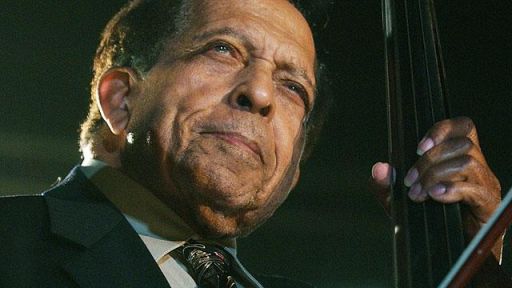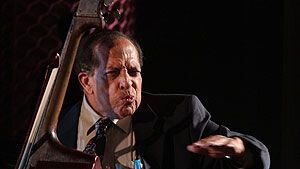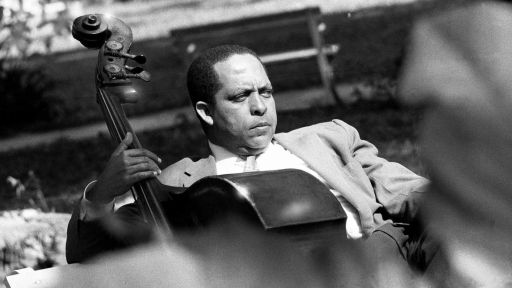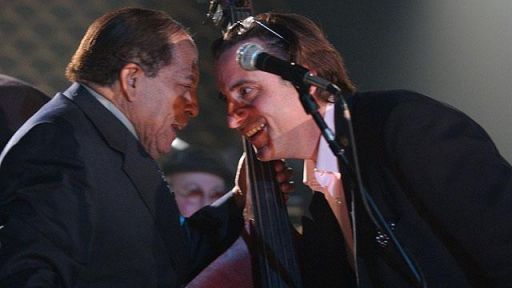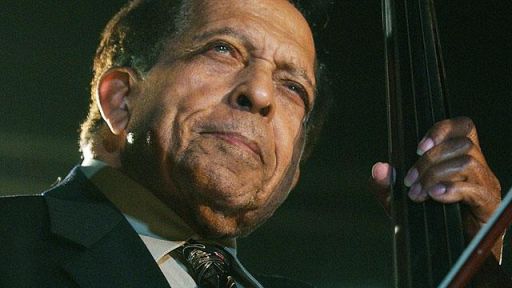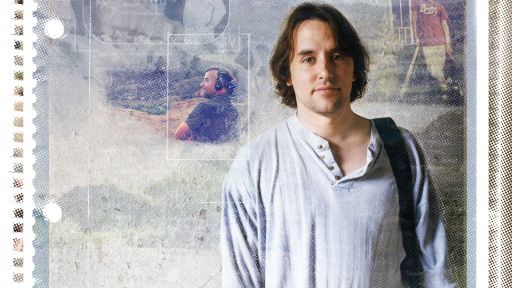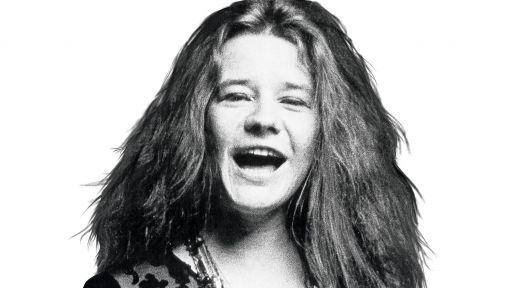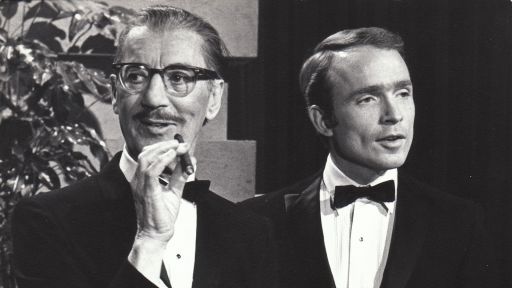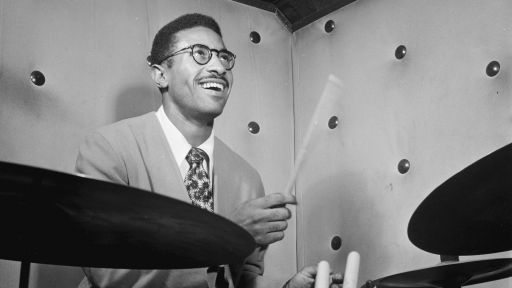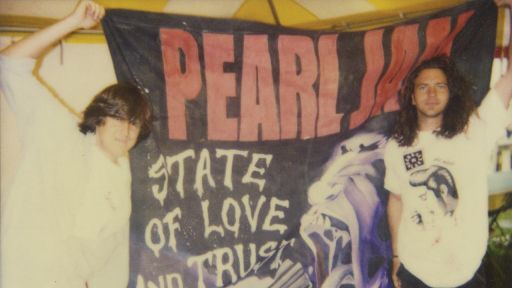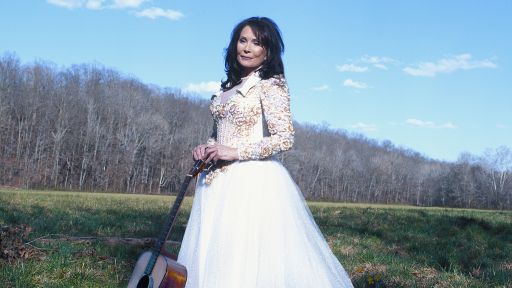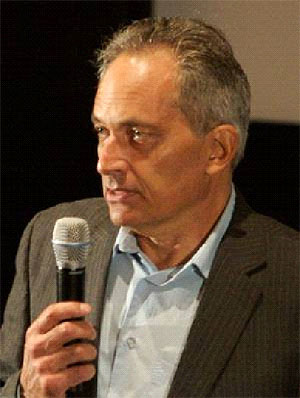
Stephen Ujlaki
Stephen Ujlaki, Cinema Department Chair at San Francisco State University and producer of Cachao: Uno Más for American Masters answered some questions about his interest in Afro-Cuban jazz and the making of the documentary.
What first got you interested in doing a film of Cachao?
We honored Cachao in San Francisco in 2005 with our first Marcus Lifetime Achievement Award and he offered to do a concert as a way of saying thanks. The idea of doing the film fell right into our lap because the concert was at the historic Bimbo 365 Club in North Beach. It was too good to pass up.
When did you first become aware of Cachao?
I was introduced to the music of Israel Lopez “Cachao” by Tom Luddy, a longtime fan of his music in 2005.
While making the film, did you learn anything that surprised you about the subject?
I learned a lot. I fell under the spell of the man as others have done before me. He was a great musician, and an absolutely charismatic human being in person. I also learned a huge amount about Cuban music, about which I was completely ignorant, although I knew I loved it.
Are there any interesting anecdotes about the filming or the interviewees?
We filmed with a lot of students mixed in with professionals. So that was rewarding, but also a challenge to get all the pieces working together.
Please describe you approach to the film.
I hired a guy who was a great cinematographer, Dikayl Rimmasch, who also directed the film. We filmed the concert with nine cameras and then did the interviews with really nice lighting. Dikayl made sure that whatever we did looked great. I also worked extensively with Anay Tarnekar, the co-producer and editor, on the structure of the film. Anay did the monumental task of assembling the pieces together and bringing out Cachao’s personal story as we explain his musical contributions and follow his journey from being a well-known musical inventor to a forgotten musician to a multiple Grammy-winning artist, which was our aim.
What were some of the obstacles in achieving your vision of the film?
We lost the hard drive to the concert, even though we had backup after backup, so you can imagine what that was like. And what we had to go through to get the sound back.
Please describe your background credits, how maybe they led to this film.
I had done many documentaries in my early career on the east coast. They were mainly political and social statements, anti-war, prison reform, and ecology. Then I went to LA and did only fictional. So it was a return to my doc roots. Andy Garcia and Tom Luddy produced the film with me and there would have been no film without the hard work of both of those gentlemen.

